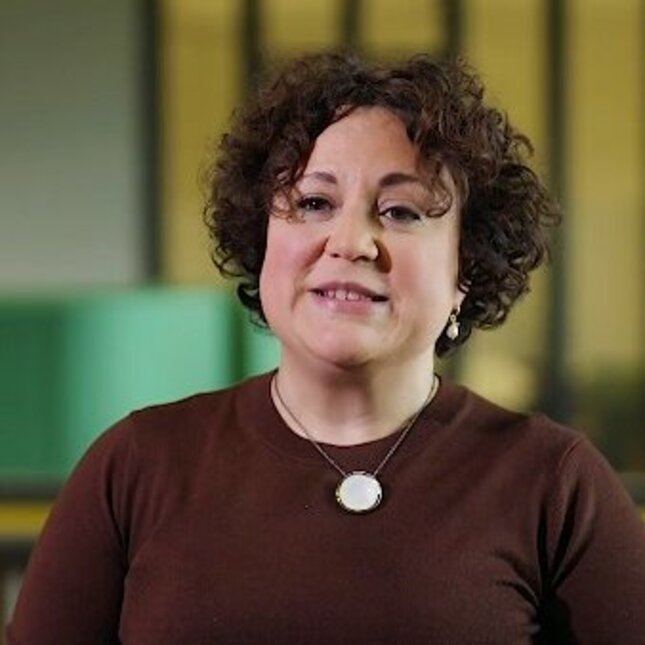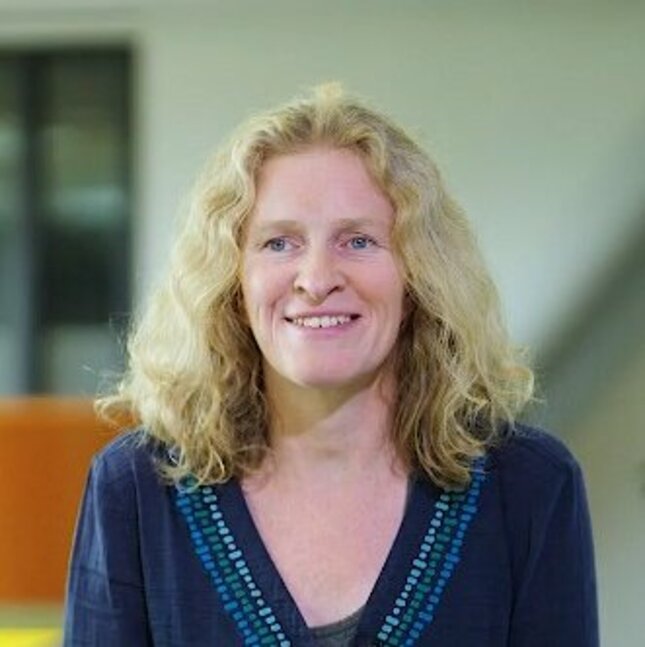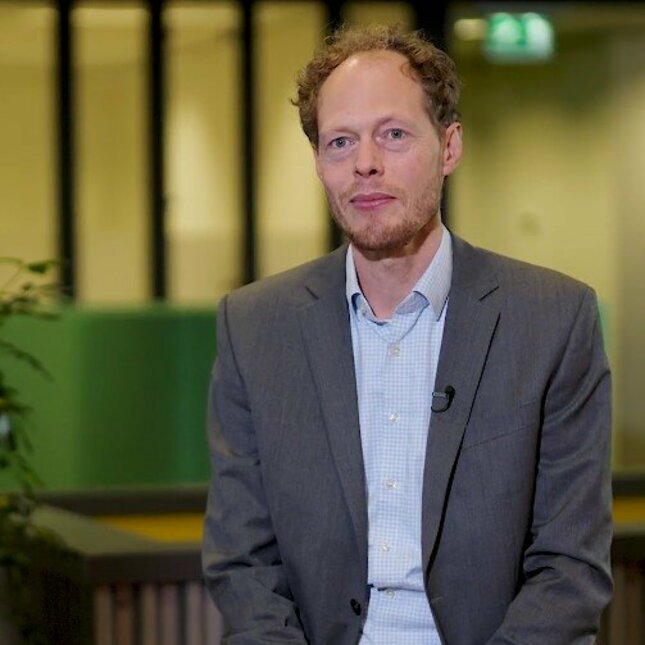TU/e scientists ahead of UN climate summit: 'Meeting climate goals is still possible'
In anticipation of the UN Climate Summit (COP28) in Dubai, three TU/e scientists emphasize the extensive and impactful measures required to ensure the success of the climate transition.
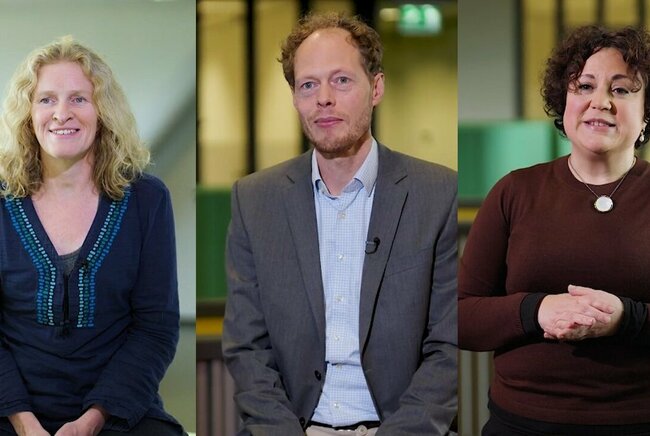
Heleen de Coninck, Pieter Pauw, and Adriana Creatore, each investigating various aspects of the climate transition, highlight the significant challenges the world faces in achieving climate goals as the new annual UN Climate Summit (COP) approaches – scheduled from November 30 to December 12 in Dubai. In this video, they underscore the immense task at hand and the hopeful news that, according to them, it is still achievable. However, it demands substantial efforts from everyone, ranging from systemic changes and political will to technological innovations and fair climate financing.
Urgency:
Frequent alarming reports on the consequences of climate change underscore the increasing urgency to meet the climate goals set in the 2015 Paris Agreement. The countries signatory to this UN treaty convene annually at the COP to address climate-related issues.
For our researchers at the Eindhoven Institute for Renewable Energy Systems (EIRES), these weeks leading up to the summit are crucial. Collaborating across various faculties, they work on sustainable energy solutions and necessary adaptations to meet climate goals. In this article and video, three leading researchers provide insights into the upcoming COP in Dubai, asserting that the Paris climate goals are still attainable but require a concerted effort.
Hope
Climate policy professor Heleen de Coninck, also attending the Dubai summit, serves as one of the main authors of IPCC-reports and deputy chair of the Scientific Climate Council (KWR). In both roles, she advises governments and policymakers on climate transition issues.
"There is still hope," she says. "But the current system must change, and all sectors must participate in the transformation. Whether it's banks, businesses, or individuals, everyone prefers the status quo, and therein lies the major challenge. We must change our eating habits, transportation, and approach to energy consumption. It's a task for the entire world."
Accelerating
Adriana Creatore, professor of Plasma and Materials Processing, emphasizes the need for significant acceleration in the climate transition, moving from fossil fuels to sustainable and clean alternatives to prevent exhausting the Earth's resources. However, this requires adjustments from everyone.
Gap of Billions
Pieter Pauw adds, "Everyone must do everything possible, truly everything, to achieve the goals." For the past 15 years, Pauw has researched various aspects of climate financing and contributed as an author to the UN's Adaptation Gap Reports.
The latest report, released just weeks before the imminent climate summit in Dubai, reveals that billions more euros are needed for climate adaptation than initially estimated. Climate adaptation involves adjusting the world to the already changing climate, not preventing those changes.
Pauw anticipates that climate financing, particularly for developing countries, will be a crucial theme in Dubai, stating, "There is a significant gap between what they receive and what they need."
Research Can Make a Difference:
According to Creatore, affluent countries must improve their efforts, accelerating the development of sustainable and clean energy sources. These technological innovations should not be limited to affluent nations but must also be implemented in less affluent countries.
"These are significant challenges, but good research can make a difference," adds De Coninck. She primarily investigates how various parties can collaborate to initiate systemic change.
Political Responsibility:
Finally, Pieter Pauw emphasizes that it is now the responsibility of politics. "As researchers, we provide the data and justifications, but without the cooperation and willingness to change from the political and societal spheres, it will never succeed."
More on Sustainability
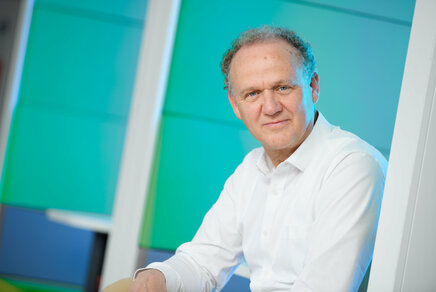
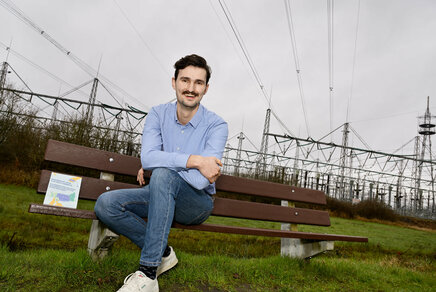
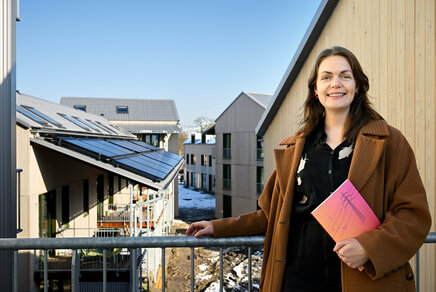
Latest news

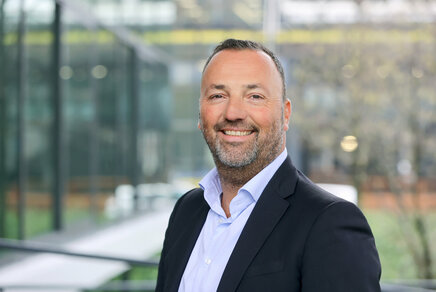
![[Translate to English:] [Translate to English:]](https://assets.w3.tue.nl/w/fileadmin/_processed_/e/0/csm_BvOF%202019_1031_BHF%20license%20TUe%20ILI%20copy_8a50884392.jpg)
